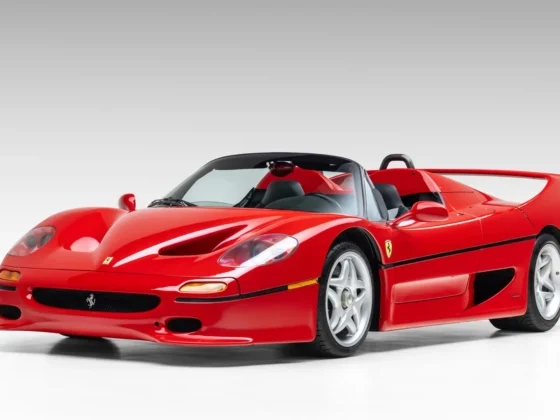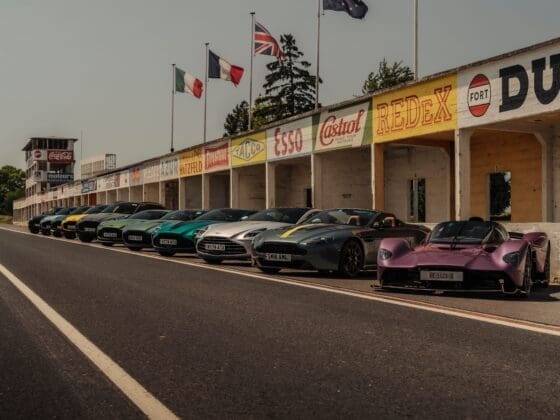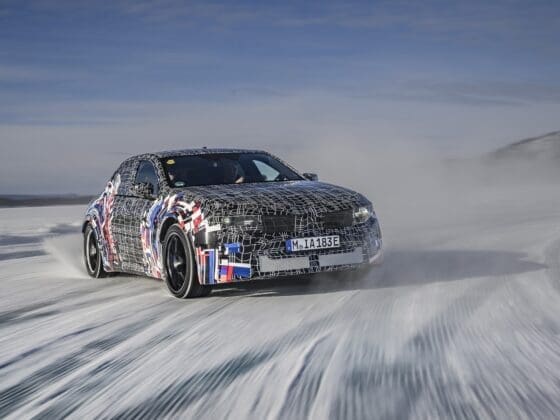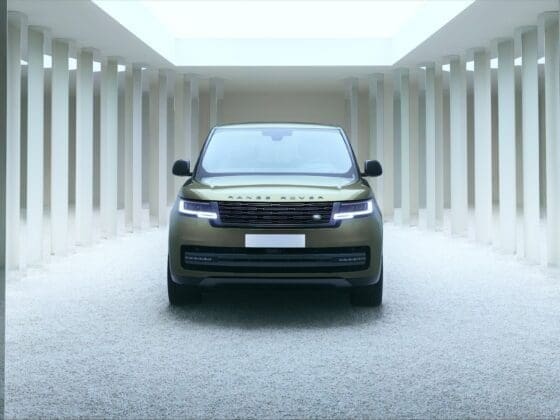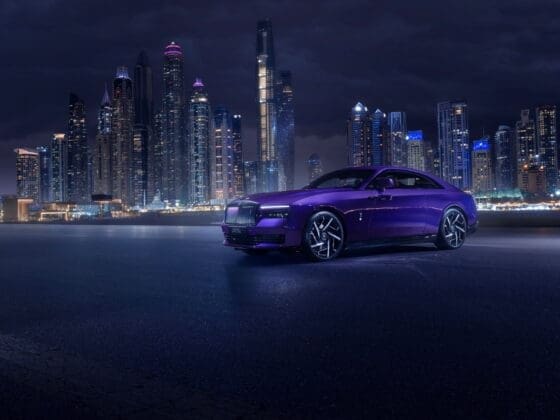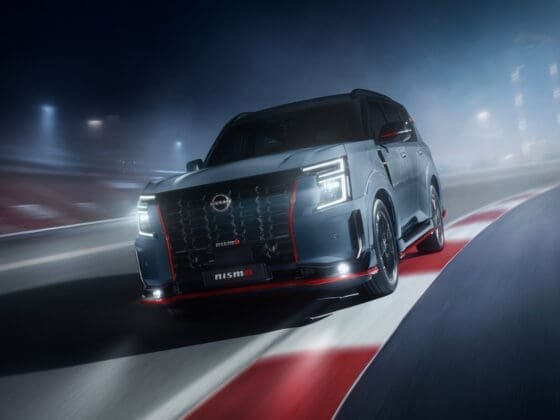Audi has a habit of shifting the benchmark in the world of motorsports. In the 1980s, the German automaker changed rallying forever with the Quattro and its revolutionary all-wheel-drive system. Audi has now set its sights on the extremely demanding world of rally-raid with its equally revolutionary RS Q e-tron.
After just 12 months of preparation, Audi’s purpose-built rally-raid specialist was unveiled last year, powered by an innovative hybrid-electric propulsion system. After two exceptional performances in Saudi Arabia and UAE, Audi has upgraded the RS Q e-tron in preparation for the 2023 season. The second iteration of the RS Q e-tron gets the E2 designation, as a homage to the Quattro S1 E2, the most advanced Quattro variant of them all.
The RS Q e-tron exceeded all expectations during its debut at this year’s Dakar Rally, held in Saudi Arabia in March. The electrically powered vehicle’s performance exceeded all expectations, even those of its engineers and designers. All three competing RS Q e-tron vehicles crossed the finish line, after crossing 24,000 kilometres of desert heat and sand. If that was not impressive enough, it even clinched four stage-victories and a total of 14 podiums at the season-opening round of the World Rally-Raid Championship.

At the Abu Dhabi Desert Challenge, the second round of the championship, the Audi RS Q e-tron driven by Stephan Peter Hansel and Edward Bollinger, won its class. Thus, claiming its place in the history books as the first vehicle with an electronic drive to win a rally-raid event.
“We’ve managed a good debut at the Dakar with the Audi RS Q e-tron and even our first stage victories in a motorsport discipline that is new to us,” said Rolf Michl, Managing Director of Audi Sport GmbH and responsible for motorsport at Audi. “The entire team is working well together and, as is usual at such an early stage, the drivers, codrivers and technicians quickly agreed on the next development targets. We have summarised the result in the new evolution package – the RS Q e-tron E2.”
Audi presented the RS Q e-tron E2, with significant improvements, prior to the Morocco Rally held between October 2 and 6. The real target however is the 2023 Dakar Rally, set to run between December 31 of this year and January 15, 2023.

Carsten Bender, Managing Director of Audi Middle East, said prior to the Morocco event: “We are excited to make history once again with the new Audi RS Q e-tron E2. The team is looking forward to building on our success from our debut run with four stage wins. This time, starting in Morocco and on to Saudi Arabia for the Dakar Rally 2023. Progress has taken on a new shape and we are looking forward to witnessing Audi Sport take over the desert again.”
Axel Löffler, Chief Designer of the RS Q e-tron, noted that “the Audi RS Q e-tron E2 does not take a single body part from its predecessor.”
The cockpit, which was narrowly recessed towards the roof in the first model, is significantly wider in the E2, and the front and rear hoods have also been redesigned. Given that the first generation of the RS Q e-tron was “overweight,” Audi’s engineers felt it necessary to shave several dozen kilogrammes, as well as lowering the vehicle’s centre of gravity.

The aerodynamics of the body below the hoods is completely new as well. Audi has dispensed with the fenders behind the front wheels. As a result, the designers saved more weight and optimised the airflow. “The aerodynamic aspect should not be underestimated in desert rallying,” says Löffler. It was possible to reduce the overall aerodynamic drag by around 15 per cent. The top speed remains limited to 170 km/h as per the regulations.
The innovative electric drivetrain at the heart of the Audi RS Q e-tron E2 comprises an energy converter consisting of an internal combustion engine and a generator, as well as a high-voltage battery and two electric motors on the front and rear axles. The electronic control system of this complex electric drivetrain proved its worth in the first rally events, and the Audi and Q Motorsport rally team gained valuable experience.
The drivers of the three competing RS Q e-trons – Mattias Ekström and Emil Bergkvist, Stéphane Peterhansel and Edouard Boulanger, and Carlos Sainz and Lucas Cruz – can look forward to new, roomier workplaces. The displays are still in the driver’s field of view and located in the centre console in the usual style, and the central switch panel with its 24 fields has also been retained.
Following initial testing led by Arnau Niubó Bosch, Head of Test Engineering at Audi Sport, the RS Q e-tron E2 was formally unveiled in Neuburg an der Donau, Germany, on September 1.


